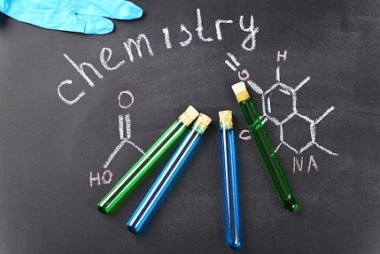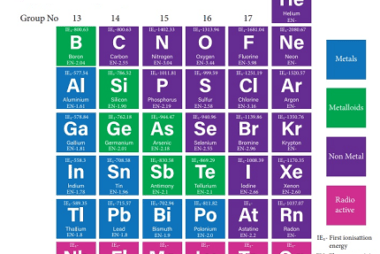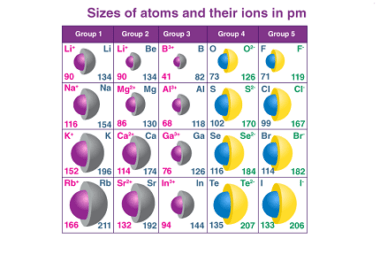JEE (Main+Advance) e-Repeater Course Alkanes
Alkanes are a class of organic compounds consisting of only carbon and hydrogen atoms that are connected by single covalent bonds. They are also known as saturated hydrocarbons because they contain the maximum possible number of hydrogen atoms for a given number of carbon atoms, and therefore have no double or triple bonds. In the…









